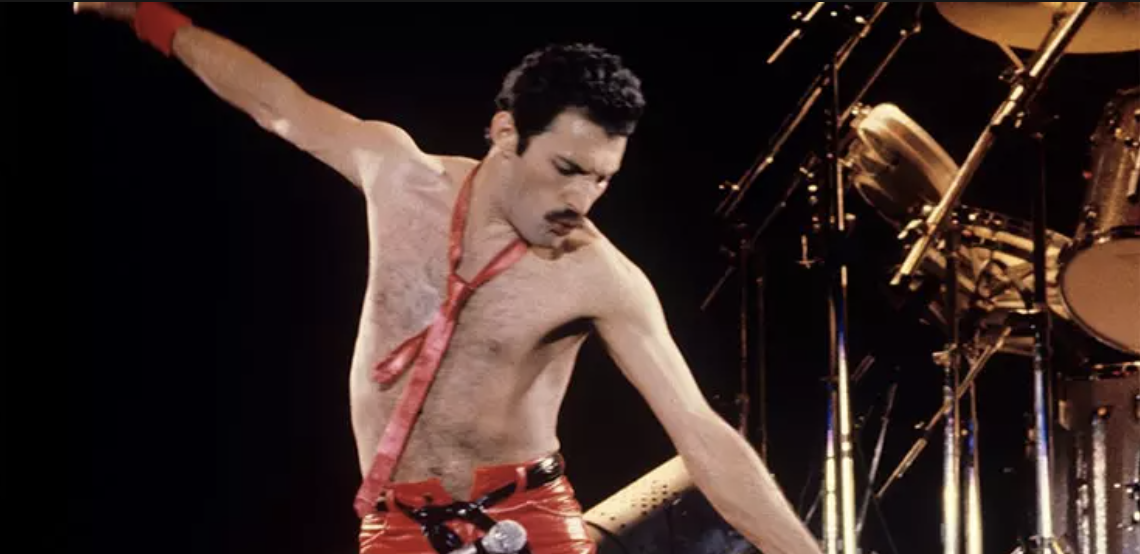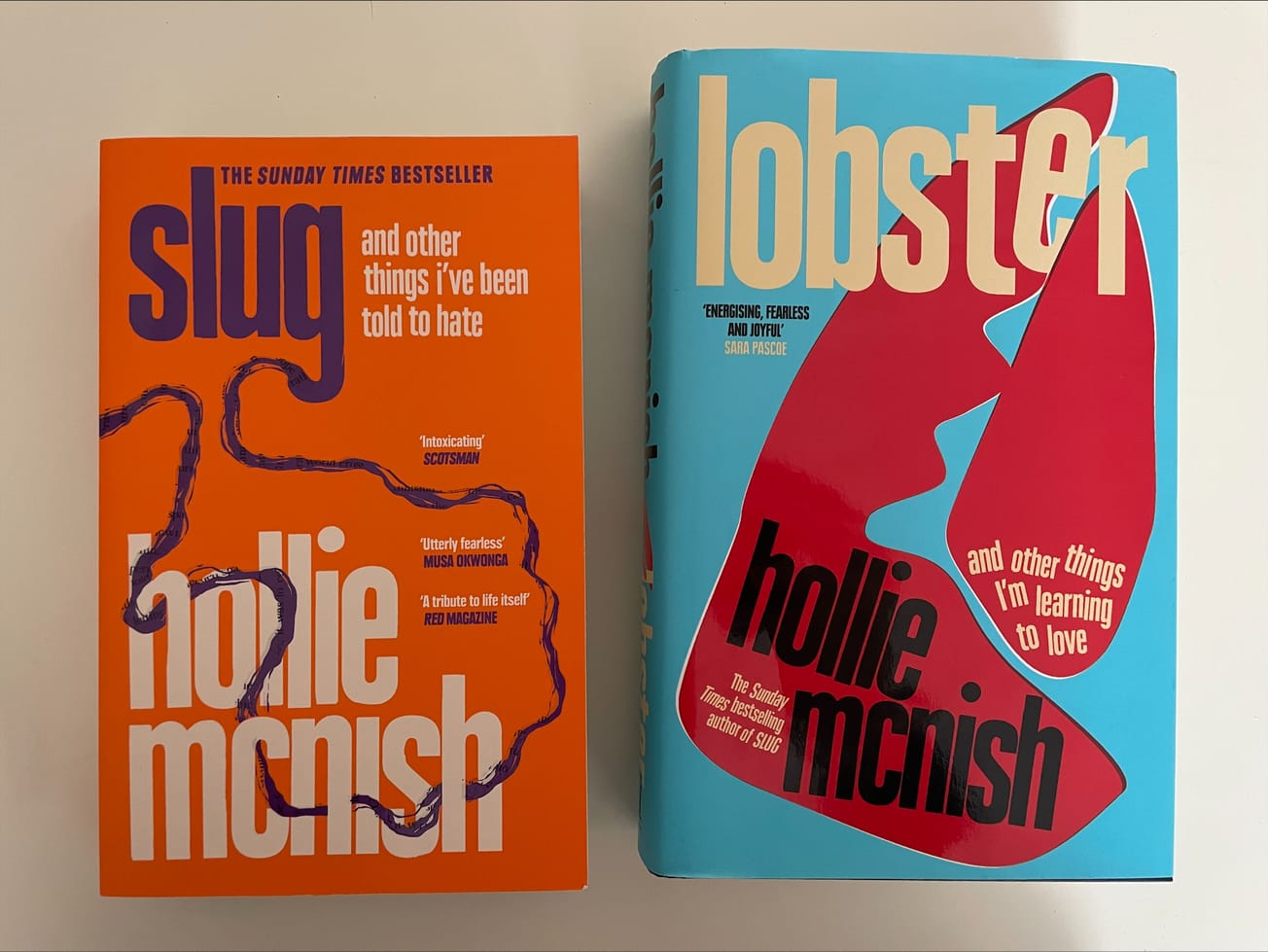by Milan Perera, Critic Columnist
Dave Grohl of Foo Fighters, after playing in front of a packed stadium once said, “If you wanna learn how to connect with an audience that size, you either watch the Pope or Freddie Mercury.” Very few musicians have evoked this kind of admiration from the proceeding generation as much as Freddie Mercury did. It is not a fleeting nod but a sincere acknowledgment towards a fellow radical and a consummate artist.
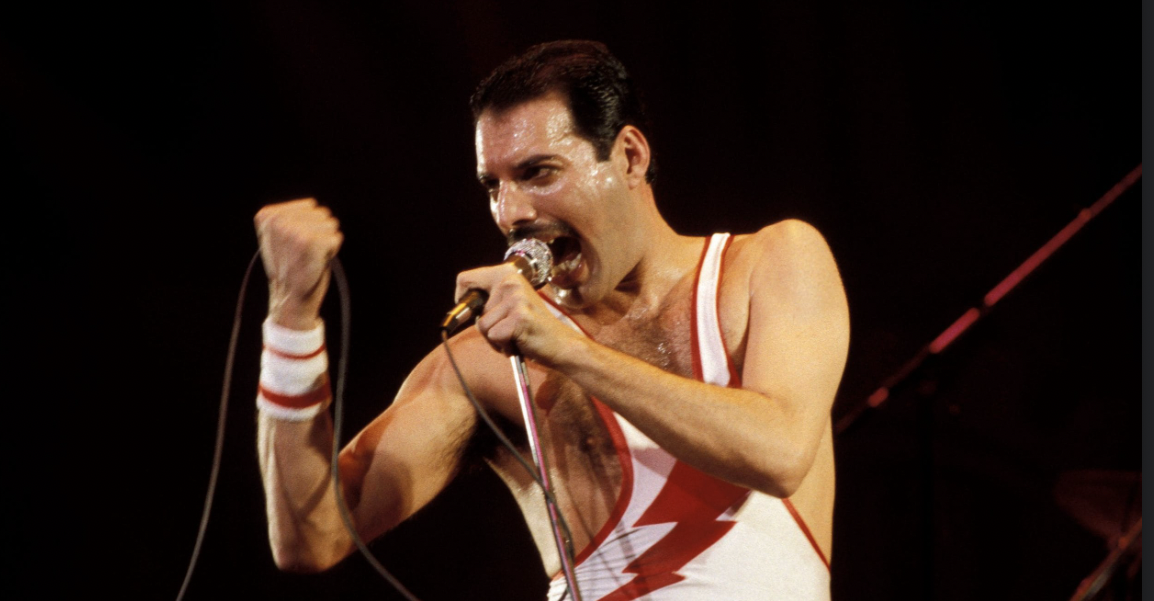
To quote Mercury himself, “It’s been no pleasure cruise.” In the notorious 1977 article which appeared on NME, Tony Stewart wrote the offending title “Is this man a prat?” The bile laced article made the claim that Freddie Mercury was using Queen as a vehicle to perpetuate his narcissism. None these epithets are accurate, and none deserved. Sadly, this episode illustrates the deep-seated bigotry of the music press who is hell-bent on cutting down any artist who would not fit into the arbitrarily defined orthodoxies. Mercury’s artistry hardly remained within those orthodoxies, whether it is about what constitutes a Rock album or the actual length of a track.
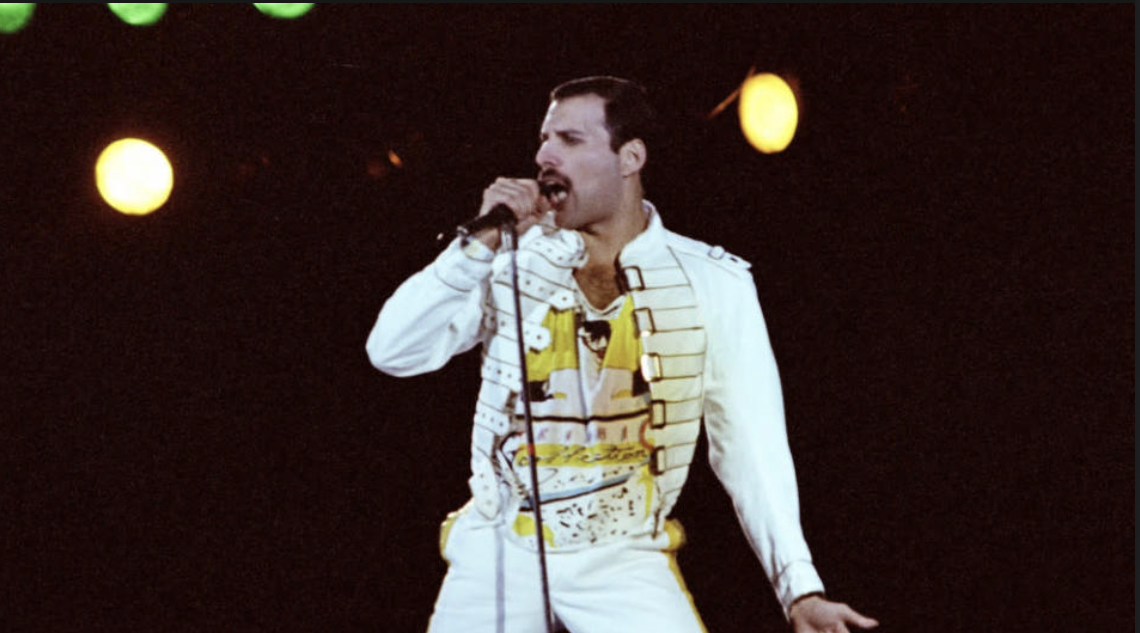
Freddie Mercury had a clear idea as to how his music should project itself. In an era where record label bosses and radio DJs fixated in the 3-minute format of songs, Mercury had the artistic conviction to write a song twice as long much to the scorn and ridicule of the record labels who continually demanded to “scale down.” Mercury or Queen was not going to back down and so came the iconic hit, “Bohemian Rhapsody” which is a clear departure from the standard structure of a song with a notable absence of a refraining chorus. The Rock and Pop elements were embellished with operatic grandeur to create a rich tapestry. Bohemian Rhapsody also marked the dawn of the golden age of music video which was quickly picked up by the fellow artists and TV networks.
In 1970, Mercury approached the waning student-run psychedelic band, Smile who although showed initial promise, was confined to smaller venues such as student union bars. After one gig Mercury went to see the drummer Roger Taylor and the guitarist Brian May to explain to them what they should do to transform their lacklustre act which the two members found both flippant and frivolous. But playing with Mercury once gave them a glimpse into his brilliant musical mind. And inevitably, the Smile vocalist Tim Staffell would leave the music scene and pursue an alternative career. From the remnants of Smile came the musical phenomenon Queen, who tapped into Progressive Rock, Heavy Metal, Psychedelic Rock, Pop, and Musical Theatre, refusing to be pigeonholed. From the outset Queen was Mercury’s brainchild in fact he designed the band’s official crest as well.
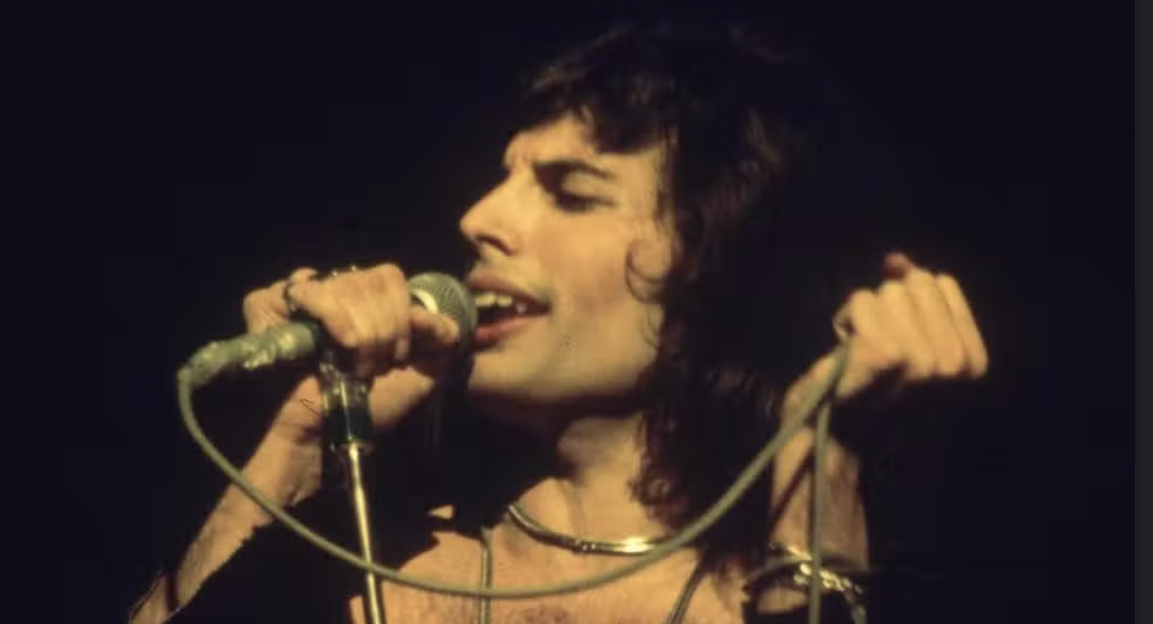
The live performances of Queen were nothing short of extraordinary where the skilled frontman was able to work up a 250,000-capacity crowd into an intimate sweaty nightclub. Even Queen’s harshest critics would agree that the 1985 Live Aid performance was a masterclass in live shows, with no lights, no soundchecks, no glitter, or glamour, but tight 20 minutes of adrenaline-pumping high racing performance.
Contrary to popular perception, Queen was hardly a one-man show. Queen had the rare distinction of being gifted with four accomplished songwriters who all enjoyed chart-topping singles, including the introverted bassist, John Deacon. But it is no secret that Mercury was the creative glue which held together the band. After the demise of Freddie Mercury in 1991 at the age of 45 due to complications of AIDS, Queen was muted and subsequently, they are yet to issue any new material. The box-office success of the weakly written Ben Elton musical, We Will Rock You was just a reminder of the lasting legacy of Queen’s music and the extension of Mercury.
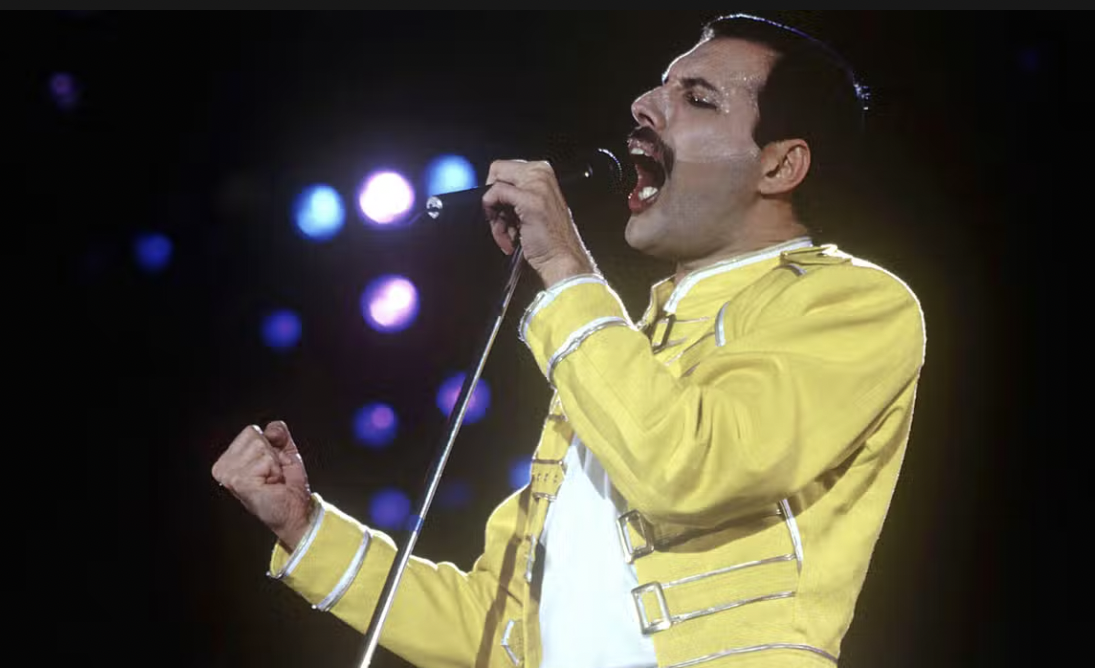
Born Farookh Bulsara in 1946 in the colonial outpost of Zanzibar to Indian Zoroastrian parents, Mercury transcended culture, ethnicity, and sexuality. As recounted in the autobiography, Head On by Julian Cope of The Teardrop Explodes, who sometimes played along Queen as a supporting act could not fathom the virulent homophobic abuse hurled at him (Cope) although he is straight, but not at Freddie Mercury who was unashamed and unrepentant about his sexual identity. But instead, the crowds could not get enough of Mercury; he was their darling.
It may come as a surprise that Mercury who was gifted with a staggering four-octave vocal range was musically untutored except some rudimentary piano lessons. But he was a keen student of the great masters, irrespective of the medium. It could be Jimi Hendrix, Liza Minelli, Nijinsky, or Marx Brothers. What mattered was multi-layered “complete works of art.”
No other lead singer in history had come closer to Freddie Mercury’s brilliant command of Rock’s Pomp and Circumstance. His artistry would still be a valid topic of conversation for years to come. With the chronologically questionable and overtly sanitised Freddie Mercury biopic, Bohemian Rhapsody, the music of Queen was brought to a whole new audience who never heard of Mercury but unconsciously clapped to his compositions such as the incomparable power ballad, We are the champions. Today as we mark the untimely passing of Freddie Mercury, we are left with a rich legacy that defied musical and societal orthodoxies where he lived both an inspiring and fulfilled life, inviting his fellow human beings to follow suit.
Do you love Freddie Mercury?

